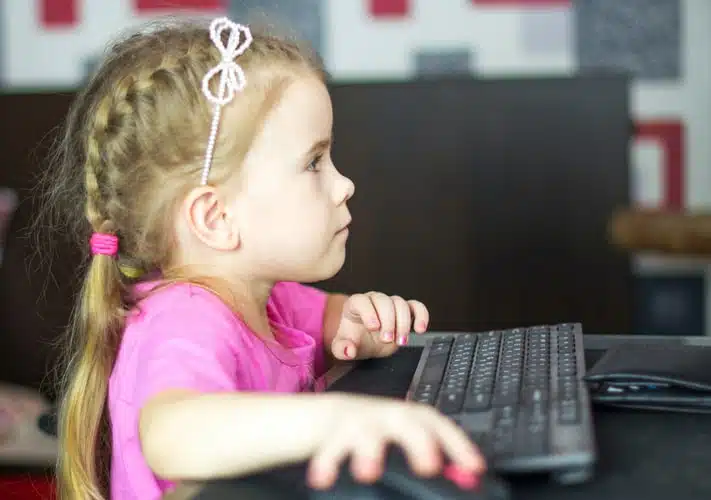Plus - Language and communication skills affected by disruption to schooling
Primary-aged school children have made ‘virtually no progress’ studying at home due to school closures for COVID-19 restrictions, research has found.

Researchers at Oxford’s Leverhulme Centre for Demographic Science found that school closures in the last year have led to serious learning losses, with primary-age school pupils making virtually no progress studying at home.
Learning losses were particularly pronounced in families with low levels of education.
The study author Dr Per Engzell said: “Students made little or no progress while learning from home and losses are particularly concentrated among students from homes with parents with low levels of education. For them, the loss was about 50% worse than for others.”
The research was based on data in the Netherlands, where schools closed for eight weeks in the first lockdown. The researchers believe the findings are applicable to the UK and elsewhere.
Despite the provision of high-quality remote learning, primary age students lost a fifth of the progress they would usually make in a year. This is equivalent to the time they spent outside the classroom. The impact was even more significant for children from disadvantaged backgrounds.
The study’s authors Dr Per Engzell, and DPhil candidates Arun Frey and Mark Verhagen, say the findings are ‘dire’ and are likely to be reflected internationally, particularly given the Netherlands’ students had among the best possible virtual learning opportunities and yet lost on average 20% of expected progress because of school closures.
The team suggests their findings indicate the loss of learning may be even more severe in the UK.
Arun Frey said: “These results confirm many of the worst fears that educators and other stakeholders had when going into the first lockdown. The Netherlands did so many things right. Teachers and school officials made a tremendous effort. The government provided additional support and financial resources. From broadband access to housing and parental support, conditions in the Dutch system outscore most of its neighbours. If anything, consequences are likely to be graver in the UK, where schools also stayed closed for longer.”
In Dutch schools there was advanced digitalisation, a relatively short first lockdown and world-leading rates of broadband access, yet student progress was seen to decline considerably. This finding is particularly troubling, the researchers say, given that many countries were far less prepared for the challenges of remote learning.
Although the vast majority of students’ performance deteriorated during remote learning, some schools experienced only a small, or no drop, in learning.
As schools continue to re-open across the world, the research is crucial to prepare them for the gaps that will need to be bridged.
Mark Verhagen said: “Teachers’ actions and school policies seem to play an important role in mitigating the negative consequences of the pandemic, and we need to understand what’s driving these differences.”
Learning loss due to schools closures during the COVID-19 pandemic

